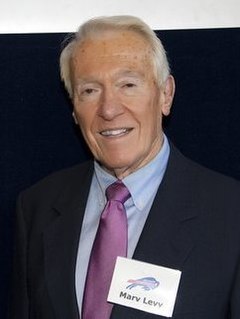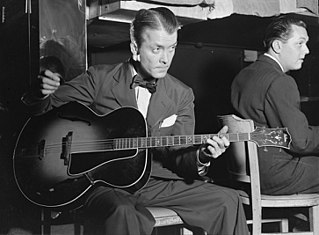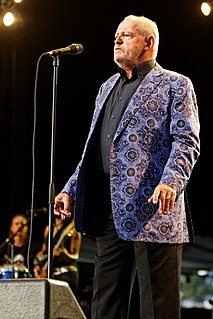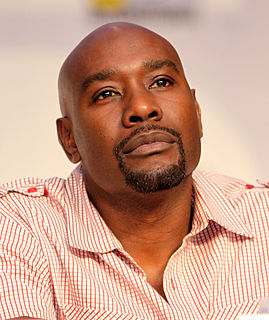A Quote by Marv Levy
I just want people to finish the book and say, 'I was entertained.' When I set out to do it, I had no deal in place. I knew it would be tough. I read somewhere that John Steinbeck was turned down 22 times on his first novel. But I was just going to do it.
Related Quotes
I read everything. I'll read a John Grisham novel, I'll sit and read a whole book of poems by Maya Angelou, or I'll just read some Mary Oliver - this is a book that was given to me for Christmas. No particular genre. And I read in French, and I read in German, and I read in English. I love to see how other people use language.
I remember reading 'The Grapes of Wrath' in high school in 1983. My family had immigrated to the U.S. three years before, and I had spent the better part of the first two years learning English. John Steinbeck's book was the first book I read in English where I had an 'Aha!' moment, namely in the famed turtle chapter.
When I knew I was going to be able to write full time, I wondered, "What's going to happen to the relationships within my family?" Are they going to change? Is it going to be the kind of deal where you say, "I can't take this! Get me out of here! I can't stand these screaming kids!" The way it turned out was, I was able to change the diapers okay, after I stuck the pin through my fingers a few times. I had a dawning realization that children are not particularly hard to deal with.
For me it's really tough because you have to go to that place where you really, really don't want to go to or revisit. After the first movie, when I was crying at the altar, whenever I would think about it, I would get chills for months after the first "Best Man" because I had to go to that place. And then, here we are with this one, and we are going to that place again. It's just extremely emotional to just have to keep revisiting it, but it can also be therapeutic.
It's very bad to write a novel by act of will. I can do a book of nonfiction work that way - just sign the contract and do the book because, provided the topic has some meaning for me, I know I can do it. But a novel is different. A novel is more like falling in love. You don't say, 'I'm going to fall in love next Tuesday, I'm going to begin my novel.' The novel has to come to you. It has to feel just like love.
"The Diagnosis" is by far my most ambitious book. I such great hopes for it... there was so much I wanted to do with the book. I was extremely insecure about it for several years. Just didn't know whether I would finish the book much less for it to come close to what I intended. I think that for any novel you never know exactly how the book is going to turn out...
You have a country that is 20 percent liberal, 40 percent conservative. You have a country where maybe 22 percent have faith in government. If you're a liberal, it's just going to be tough. And you should just expect that. And it's tough for people on the right, too, because they don't get what they want either if you're, say, a libertarian. So, you have got the country sort of against you. And, nevertheless, you have a president.
Sometimes people won't even finish a piece that you wrote, because they've already decided what it is that you want to say, and generally I, whatever I say in the first half of the piece, you should not assume I'm going to end up with, but they don't finish reading them. So, and people read fast and stuff.
I become one of those people who walks alone in the dark at night while others sleep or watch Mary Tyler Moore reruns or pull all-nighters to finish up some paper that's due first thing tomorrow. I always carry lots of stuff with me wherever I roam, always weighted down with books, with cassettes, with pens and paper, just in case I get the urge to sit down somewhere, and oh, I don't know, read something or write my masterpiece. I want all my important possessions, my worldly goods, with me at all times. I want to hold what little sense of home I have left with me always.






































